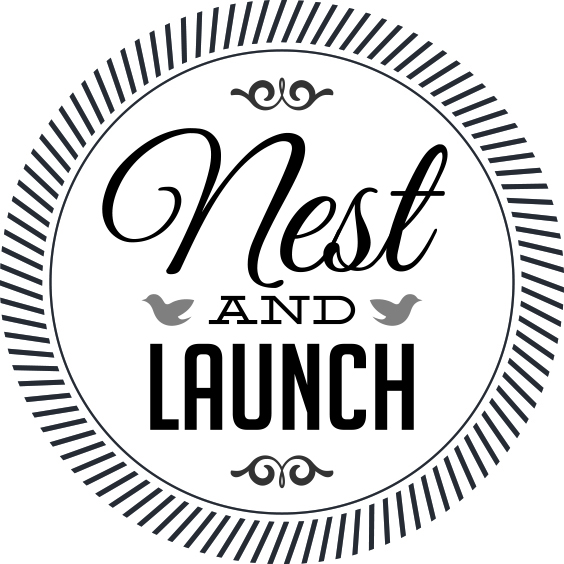Talking your kids down from the research paper ledge
/It happens at least a few times a year for most older students. A research paper. A big project. Some assignment where they need to reach into their brains, pull out a cohesive argument and supporting points, and commit it all to paper.
Oh, if only it were that simple, right? I remember a passage in Anne Lamott's excellent book about writing (and life), Bird by Bird. It's the experience that gave the book its name:
"...thirty years ago my older brother, who was ten years old at the time, was trying to get a report on birds written that he'd had three months to write, which was due the next day. We were out at our family cabin in Bolinas, and he was at the kitchen table close to tears, surrounded by binder paper and pencils and unopened books on birds, immobilized by the hugeness of the task ahead. Then my father sat down beside him, put his arm around my brother's shoulder, and said, "Bird by bird, buddy. Just take it bird by bird."
The Little Table by Alberto Morrocco
Her point in the book is that writing is a little by little, incremental proposition, which is painfully true. My purpose for quoting it here is this: often we the parents are the ones who talk our kids down from the writing ledge when they're at home, stuck in the process and banging their heads on the table. As my kids have gotten older their need for this kind of pep talk has gotten less frequent but now and then I still feel like I need to put on my coach hat and give some moral support. At this stage this has meant less "bird by bird, buddy" and more being a sounding board armed with some good questions to help them get unstuck.
Recently someone recommended a book--Engaging Ideas, by John C. Bean--intended to help professors coach their students in deepening their thinking and writing. It's given me a lot to think about not just professionally but also at home. I think his tips are equally terrific as helps for parents in supporting their kids' writing without interfering with the writing itself. For example:
If ideas are thin:
- Encourage your writer to make an idea map and brainstorm for more ideas
- Play devil's advocate and help the writer deepen and complicate the ideas
- Encourage the writer to add more examples, better details, more supporting data or arguments
If you get lost in the paper's thoughts or organization :
- Ask the writer to talk through the ideas to clear up confusing spots
- Help the writer sharpen the thesis by seeing it as his (the writer's) answer to a tough question; get the student to articulate the question that the thesis answers
- Make an outline or, even better, a tree diagram together to help with organization
- Help the writer clarify the focus by asking him to complete these starter phrases:
"My purpose in writing this paper is..."
"Before reading my paper, my readers will think this way about my topic: __________;
but after reading my paper, my readers will think this different way about my
topic:_______.
- Show the writer where you get confused ("I started to get lost here..." "I thought you were going to say x but you said y here...")
- Show the student how to write transitions between major sections and between paragraphs
If it's hard to see the point:
- Nudge the writer to articulate meaning by asking "so what" questions: "I understand what you're saying but don't quite understand why you're saying it." "What do these facts have to do with your thesis?" (adapted from p. 307)
. . .
Do you have any tips or experiences to share about kids and writing and homework? Recently I said all the wrong things, accidentally stressed more than helped (which sent me on the search through this book for help) and had to ask for a do-over.
On a related note, last year I wrote this post on figuring out the right amount of help with homework by asking what do you want? what don't you want?



















